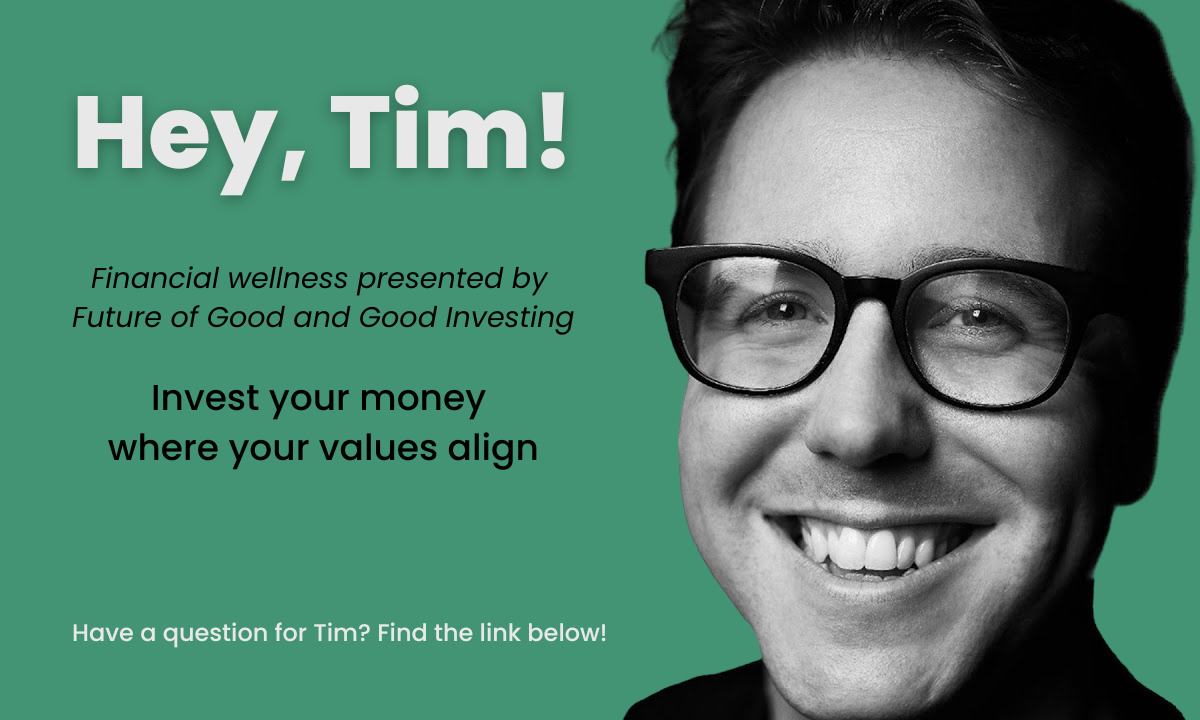Hey Tim: Can I Build a “Buy Canadian” Impact Portfolio—And Should I?

With the surge of support for “Buy Canadian” across the country, I’ve been getting more and more questions about what that means when it comes to investing—especially for those of us who want our money to make a difference.
Can you build a Canadian-only impact portfolio? Technically, yes.
Should you? Probably not.
Let’s start with the most important concept in investing: diversification. It’s your portfolio’s best friend. Diversification isn’t just about reducing risk—it’s about building resilience, the same way ecosystems rely on biodiversity to thrive. A well-diversified portfolio can handle market ups and downs because it isn’t dependent on the success of any one region, sector, or company.
And here’s the reality: Canada makes up only about 3 per cent of the global stock market by market cap. The U.S. is about 65 per cent, and the rest of the world fills in the rest of the pie. So, while it feels good to buy Canadian, a truly resilient investment portfolio is global by nature. Your stocks should span continents, industries, and asset classes. That’s the foundation. That’s the pie.
Now, let’s talk impact investing—and here’s where a “Buy Canadian” mindset can really shine.
Impact investing is about going beyond avoiding harm and actively investing in positive outcomes: affordable housing, clean energy, regenerative agriculture, and climate resilience. And yes, there are some great Canadian examples of these.
Take the Habitat for Humanity Guelph Wellington community bond. It’s a local investment that supports affordable housing and offers a 5.5 per cent each year for four years. It’s a meaningful way to support a specific cause, close to home. But this kind of investment isn’t meant to replace your core portfolio—it’s meant to enhance it. Think of it as the cherry on top of a strong, globally diversified investment strategy.
We’re highlighting Habitat for Humanity because the parent organization is being targeted in the U.S. by the Trump Administration—words that I thought I’d never have to type. The FBI has frozen Habitat for Humanity’s bank account for receiving a Biden-era climate grant and is investigating them for criminal activity. How bizarre is that?!
So yes, Buy Canadian can absolutely be a form of impact investing. But if you’re serious about building a resilient financial future—for yourself and the world—your investment strategy should include the whole globe.
Have a question for next month’s Hey Tim? Click the link here and send it my way. Let’s keep doing good things with our money.

